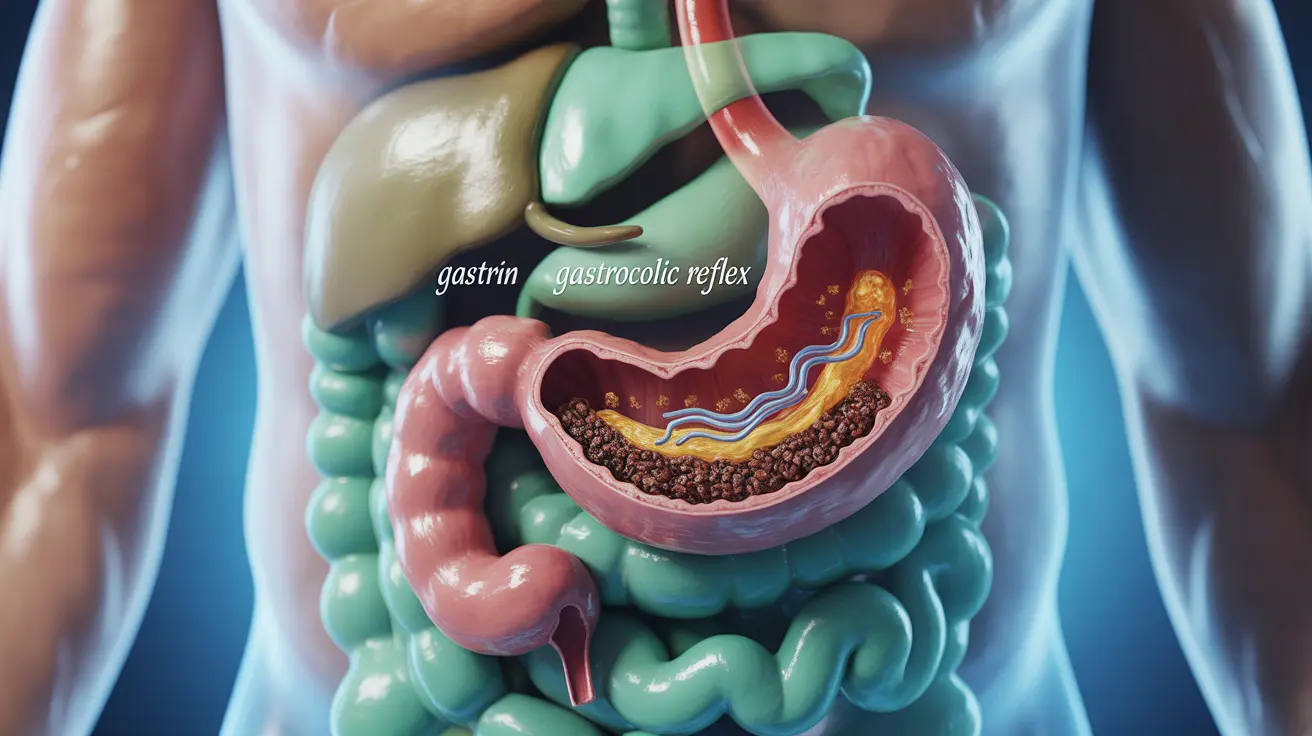Many people experience a surprising yet common phenomenon after their morning coffee: the sudden urge to visit the bathroom. This relationship between coffee consumption and bowel movements has intrigued both scientists and coffee drinkers alike, leading to extensive research into the mechanisms behind this effect.
While not everyone experiences this reaction, studies suggest that up to 30% of people feel the need to defecate shortly after drinking coffee. Understanding why this happens involves exploring several complex interactions between coffee and our digestive system.
The Science Behind Coffee's Digestive Effects
Coffee stimulates the digestive system through multiple pathways, creating what scientists call the gastrocolic reflex. This natural process occurs when food or drink enters your stomach, signaling your colon that it's time to make room for more.
Coffee is particularly effective at triggering this reflex, even more so than warm water or other beverages. The compounds in coffee interact with both your digestive system and nervous system, creating a perfect storm for bowel stimulation.
Key Chemical Compounds
Several compounds in coffee contribute to its digestive effects:
- Chlorogenic acids
- Caffeine
- N-alkanoyl-5-hydroxytryptamides
- Various other bioactive compounds
The Role of Gastrin and Other Hormones
Coffee stimulates the release of gastrin, a hormone that speeds up activity in the colon. This hormone increases stomach acid production and promotes muscle contractions in your digestive tract, potentially leading to faster bowel movements.
Caffeinated vs. Decaffeinated Coffee
Interestingly, both regular and decaf coffee can trigger bowel movements, suggesting that caffeine isn't the only player in this process. Studies have shown that decaf coffee still stimulates colonic activity, though possibly to a lesser extent than its caffeinated counterpart.
Timing and Individual Differences
The effects of coffee on bowel movements typically occur within 20-30 minutes of consumption. However, individual responses can vary significantly based on factors including:
- Personal sensitivity to coffee
- Overall gut health
- Time of day consumed
- Whether coffee is consumed on an empty stomach
- Individual metabolism and digestive patterns
Potential Benefits and Concerns
While coffee's laxative effect can be beneficial for some people, especially those dealing with occasional constipation, it's important to maintain a balanced approach. Overreliance on coffee for bowel movements could mask underlying digestive issues that require medical attention.
Frequently Asked Questions
Why does coffee make some people poop, and what are the underlying causes?
Coffee stimulates bowel movements through multiple mechanisms, including the release of digestive hormones like gastrin, activation of the gastrocolic reflex, and interaction with the gut's nervous system. The combination of these effects can trigger increased colonic activity.
Are there any differences in how caffeinated and decaffeinated coffee affect bowel movements?
Both caffeinated and decaffeinated coffee can stimulate bowel movements, indicating that compounds other than caffeine play significant roles. However, caffeinated coffee typically produces a stronger effect due to caffeine's additional stimulating properties.
How does coffee influence gut health, and what role do hormones like gastrin play?
Coffee influences gut health by stimulating the release of gastrin, which increases stomach acid production and intestinal muscle contractions. This hormone helps regulate digestion and can accelerate bowel movement frequency.
Can drinking coffee help with constipation, or could it cause digestive issues?
Coffee can help relieve occasional constipation by stimulating bowel movements. However, excessive consumption might lead to dependency or mask underlying digestive problems. Some people may also experience acid reflux or stomach upset.
What are the benefits and risks of relying on coffee for digestive regularity?
While coffee can be beneficial for maintaining regular bowel movements, relying solely on it isn't recommended. Benefits include natural stimulation of digestion, but risks include possible dependency, dehydration, and potentially overlooking other digestive health issues that require medical attention.




